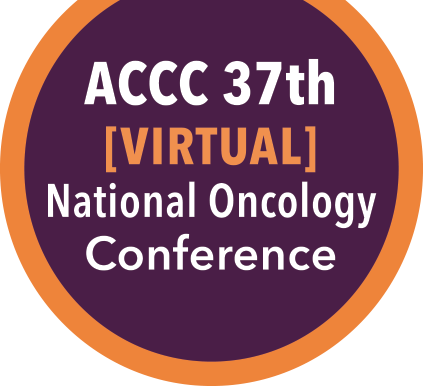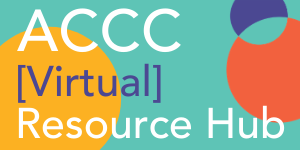
Tuesday, September 15
Onboarding Experienced Non-Oncology Nurses to Address Staffing Shortages: Development of a Transitional Oncology Training Academy
Overview
This 12-week academy at Miami Cancer Institute gives nurses the knowledge and skills they need to successfully transition to radiology, blood and marrow transplant, outpatient infusion oncology, and Phase I/II research on a Precision Medicine Unit. Expert nurses and Master’s-prepared oncology educators provide hands-on orientation to entity-specific policies and procedures; training on core oncology nursing skills, such as central line care and maintenance, port access, safe drug administration, and hazardous spill clean-up; and preparation for the ONS/ONCC Chemotherapy Immunotherapy Certificate. Individualized preceptors work side-by-side with academy nurses upon transition to their units.
Speakers
Hollie Gow, DNP, APRN, ACNP-BC, CCRN, PCCN CPHQ, Director of Professional Nursing Practice & Performance Improvement
Marguerite Rowell, MSN, MBA, MSM/HM, ONC, SCRN, Assistant
Vice President of Nursing
Miami Cancer Institute, Baptist Health South Florida
Utilizing Technology to Identify Patient Co-Morbidities and Reduce Hospital and ED Admissions
Overview
After analysis of Oncology Care Model data identified three comorbid illnesses that led to significantly higher rates of unplanned emergency department (ED) visits and hospitalizations—COPD, congestive heart failure, and diabetes mellitus—Tennessee Oncology developed targeted management algorithms that proactively addressed these conditions. Today care coordinators use these algorithms to screen, identify, and help manage at-risk patients via the care management platform, either by patient-initiated contact, such as telephone triage, or through a patient health portal, depending on the patient’s access and comfort with this technology. For patients admitted to the ED or hospital, admission software provides real-time data to the practice to improve patient management and reduce length of stay and readmissions.
Speaker
Improve Oral Oncolytic Workflow and Reduce Treatment Delays with a Pharmacist Collaborative Practice Agreement
Overview
Learn how a pharmacy resident project supported the creation and implementation of an oral oncolytic collaborative practice agreement (CPA) that expanded pharmacist scope of practice, decreased turnaround time for processing prescriptions, improved provider satisfaction, and decreased patient prescription costs. Today, St. Luke's Cancer Institute’s CPA allows pharmacists to sign prescriptions on behalf of providers for interventions such as renal or hepatic dose adjustments, dose rounding, renewal of prescription refills, adjustment for toxicities, dosing based on appropriate indication, and the ordering of laboratory tests and/or exams.
Speaker
Leveraging a 3D Lung Nodule Educational Tool to Reduce Patient Distress
Overview
Maine Medical Center Cancer Institute explored use of a 3D-printed nodule tool to help providers educate patients and engage in shared-decision making about this commonly reported lung lesion. Their study goals were twofold: evaluate if the tool reduced patient distress after a lung nodule finding and evaluate if the tool improved patient understanding of lung cancer risk. Data showed that using this type of 3D educational tool as part of shared decision-making facilitates high quality communication, improves patient knowledge about malignancy risk, reduces emotional distress, and improves quality of life. Hear how this type of educational tool can improve patient care at your program or practice.
Speaker
Theresa Roelke, MSN, RN, AGNP-C, Geriatric Nurse Practitioner
Maine Medical Center Cancer Institute
ACCC INNOVATOR AWARDS TENTH ANNIVERSARY
| Access Date | Quiz Result | Score | Actions |
|---|
Already Registered?
NOC Task Force
ACCC would like to recognize the 2020 National Oncology Conference Task Force members for their extraordinary effort and commitment in developing the program of the ACCC 37th [Virtual] National Oncology Conference.


